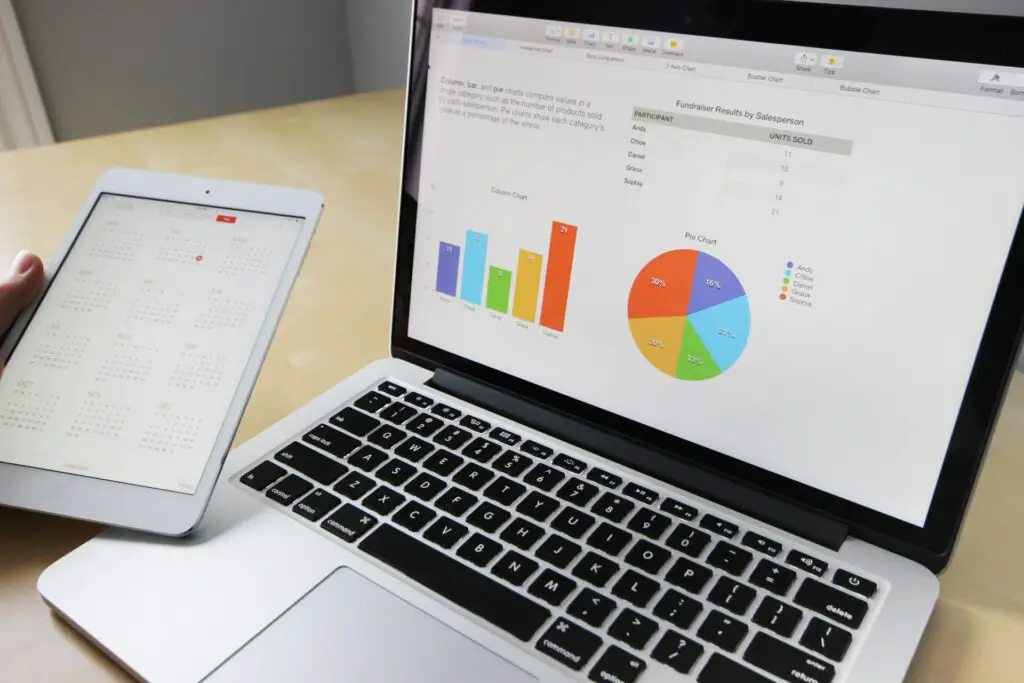Physical Address
304 North Cardinal St.
Dorchester Center, MA 02124
Physical Address
304 North Cardinal St.
Dorchester Center, MA 02124
A mortgage is a long-term loan used to finance the purchase of real estate. For many homeowners, the monthly mortgage payment is one of their largest recurring expenses. But are mortgage payments actually considered a monthly expense?
Yes, mortgage payments are considered monthly expenses. However, only the interest portion of the payment is treated as an expense for accounting and budgeting purposes. The principal portion, which reduces the loan balance and increases home equity, is not classified as a monthly expense.

When you take out a mortgage, the lender loans you a large sum of money (the loan amount) to pay for the home. This loan is secured by the property itself – the home serves as collateral on the loan.
You agree to repay the loan over time, typically 15 or 30 years. Each month, you make a mortgage payment to the lender. A portion of your payment goes toward the interest charged on the loan. The rest goes toward paying down the principal – the amount you originally borrowed.
As you make payments over time, you build equity in the home. The equity is your ownership stake – it’s the portion of the home’s value that you actually own.
For accounting and budgeting purposes, most experts consider the interest portion of your mortgage payment to be a monthly housing expense.
Interest is essentially “rent” you pay to borrow money for your home. Like rent, it’s money that doesn’t build equity.
On the other hand, the portion of your payment going toward principal is not considered a monthly expense. That money reduces the amount you owe and increases your ownership stake in the property.
So – the interest portion is a monthly expense, while the principal portion is not.
Your exact mortgage payment depends on several key factors:
The larger the loan, the higher your monthly payment. Even a small difference in loan amount can significantly impact your payment.
The interest rate has a major influence on your payment amount. Even a small rate increase can raise your monthly payment substantially.
Longer loan terms (e.g. 30 years) result in lower monthly payments because the payments are spread out over more months. Shorter terms (e.g. 15 years) mean higher payments.
Your monthly payment includes an escrow amount to cover annual property taxes. Higher taxes raise your payment.
Your payment includes escrow for homeowners insurance. Higher insurance costs mean larger payments.
If your down payment is less than 20%, you likely have to pay PMI until you reach 20% equity. PMI increases your monthly payment.
If your mortgage payment is too high, here are some strategies to reduce it:
Refinancing involves taking out a new mortgage loan to replace your existing one. Doing so allows you to potentially get a lower interest rate or longer loan term, which lowers your monthly payments.
You may be able to modify your existing loan to have a longer repayment term, such as switching from a 15-year to 30-year mortgage, which spreads payments out over more months.
Putting more money down upfront lowers the loan balance so your monthly payments are smaller.
You can request PMI removal once you reach 20% home equity. This eliminates that portion of your payment.
If you think your property taxes are too high, you may be able to appeal to potentially lower them and reduce your monthly escrow amount.
Missing even one monthly mortgage payment can damage your credit and lead to fees and penalties. If you miss multiple payments, you risk going into mortgage default.
Default occurs when you are significantly behind on payments. Your lender will start the foreclosure process to take possession of the home.
Foreclosure devastates your credit score and makes it very difficult to qualify for future loans. You lose the equity you built up in the home. The lender can sue you for the remaining loan balance.
In summary, the major consequences of mortgage default include:
While missing the occasional payment due to hardship may be unavoidable, it’s critical to avoid defaulting on your mortgage. Work closely with your lender to remedy any payment issues before they spiral into a foreclosure.